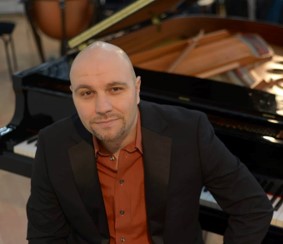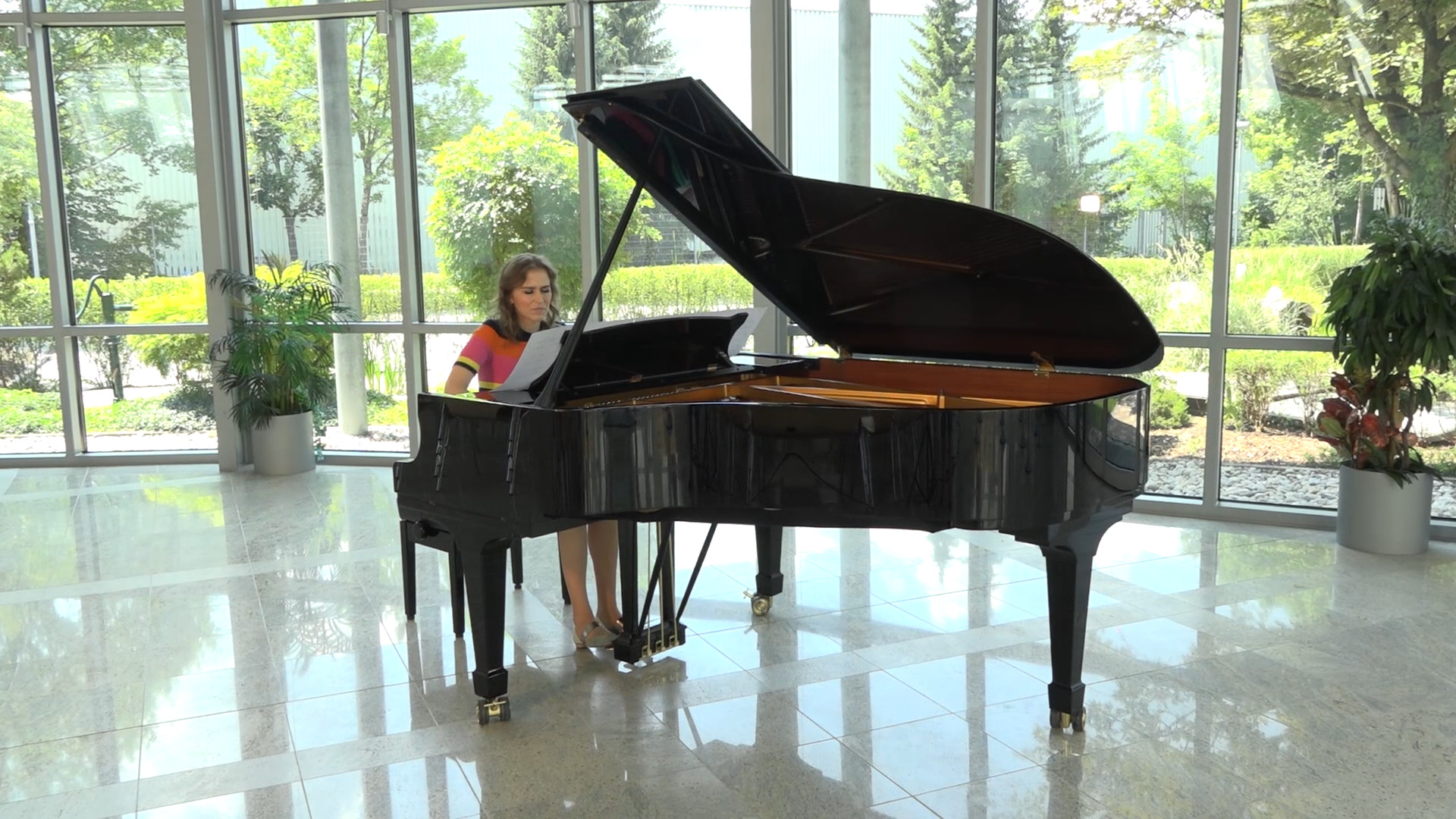About
I am born (16.07.1981) in Prishtina-Kosovo but my origins are from Macedonia.
I have graduated at the University of Prishtina and I took a master degree at the Academy of Visual Arts Esra (Skopje-Macedonia).
My pieces are interpreted in Tokyo (by a brilliant Trio from Japan "Flute Trio Fioritura), in Macedonia (by "Ad Libitum Trio"), in Poland (by "Nella Fantasia " string quartet) , in USA (by "Atoka String" quartet), in BELGIUM Clarinet Fest 2018 ( by Barbara Borowicz and Akademy of Krakow octet), in Spain- Madrid (thanks to Beatriz Millan), in Poland (by Mauro Maur, Javier Gandara and Martin Schippers) in Germany (by Syzana Jakupi, Mimoza Drançolli, Fatbardh Gashi also other piece by members from the Osmanaj Family), in Kosovo and Albania (various pieces by various artists).
I have already 15-year contribution to the education of younger generations as a teacher in different high schools of music in Kosovo and I continue to work as teacher. I am also known as a piano player performing live music with various artist of different genres including Latino, Jazz, Flamenco etc.

